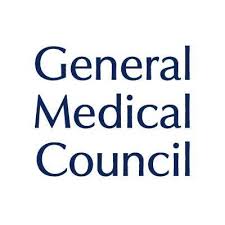What is anaemia?
Anaemia is a condition where a child has a reduced number of healthy red blood cells or insufficient haemoglobin, the protein in red blood cells responsible for carrying oxygen throughout the body. Without enough oxygen, children may experience symptoms such as fatigue, irritability, or delayed growth. While anaemia is often caused by iron deficiency, it can also result from other underlying conditions such as vitamin deficiencies, infections, or inherited disorders.
Anaemia is particularly common during rapid growth periods, such as infancy, early childhood, and adolescence, when the body’s demand for iron and other nutrients increases.



